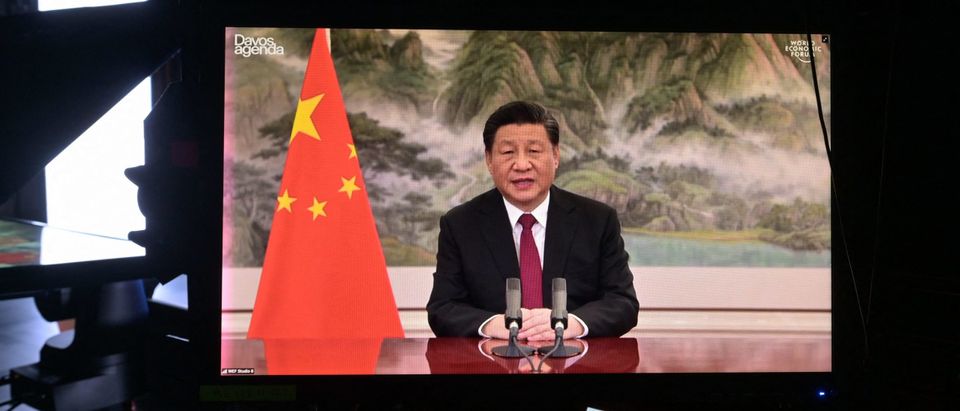The measures introduced by the Chinese Communist Party (CCP) under the guise of preventing the spread of COVID-19 are being turned against the population of the world’s largest country.
Chinese President Xi Jinping has lauded his country’s approach as superior to the “chaos of the West,” and China’s self-reported (but almost certainly false) COVID-19 statistics are impressive if believed. But the invasive steps taken to track Chinese citizens during a pandemic aren’t going away even as much of the world begins to move on from the virus.
If you are praising China’s draconian Zero-Covid policy as effective based on China’s reporting of under 5,000 total deaths, without mentioning the strong evidence that number is a complete lie, you’re just amplifying the lie.
— Josh Rogin (@joshrogin) January 30, 2022
The case of Xie Yang, highlighted in a new report by The New York Times, shows how public health policies can become population control tools. The human rights lawyer and critic of the CCP planned to visit Shanghai and see the mother of a dissident. His digital health pass, which tracks potential exposures to the coronavirus, was “green,” and his home city had no reported COVID-19 cases.
Yet when he showed up to the airport, his pass suddenly turned red and airport security attempted to force him into quarantine. Xie has now been detained by police and accused of inciting subversion and provoking trouble, according to the NYT.
“The Chinese Communist Party has found the best model for controlling people,” he said. (RELATED: Students Should Mask Forever, Administrator At One Of Country’s Largest School Districts Suggests)
The most powerful tool in China’s pandemic surveillance arsenal is that health pass. The CCP works with tech companies to track citizens’ location, travel history, COVID-19 test results and exposure to the virus. The color generated by their profile — red, yellow or green — determines if they are allowed to enter certain public spaces and buildings or participate in activities like traveling.
Local officials have the power to quarantine their residents and restrict their movements based on the status of this health pass, the NYT reports. Authorities have gone as far as to imprison individuals who violate containment guidelines.
Much of the public supports these invasive measures being used to combat the pandemic, according to the NYT. However, there is growing concern about what will happen when COVID-19 is in the past. “But if after the pandemic ends these means are still there for the government, that’s a big risk for ordinary people,” said Mei Haoyu, who worked as a volunteer to help enforce pandemic guidelines early in the pandemic.
Residents of China can enter their personal information into one of a number of public health apps, but it’s virtually impossible not to comply. Failure to use the CCP health code pass prevents residents from entering public places like restaurants, buildings or parks. In some places, the CCP’s definition of a “close-contact” for COVID-19 exposure can mean anyone whose cellphone signal was measured within a half mile of an infected person.
Xi has praised the Chinese city of Hangzhou, which uses traffic cameras to monitor whether residents are wearing masks. In Luoyang, sensors were installed on the doors to homes to check if residents were breaking quarantine by opening them, according to the NYT.
China is using 4.5 million “grid workers” — that’s one of every 250 adults — to enforce quarantine measures in their prescribed geographical territory. Prior to the pandemic, these foot soldiers of the CCP carried out duties like landscaping and watching for subversive behavior in their neighborhoods. (RELATED: REPORT: Staff At WHO Office Accuse Top Official Of Being Authoritarian Who ‘Significantly Contributed’ To COVID Case Surge)
Now, they monitor the identities of people who enter residential buildings, help with household duties of quarantining people and call citizens to make sure they’ve been vaccinated, according to the NYT. They also have access to citizens’ personal information like travel history.
According to one grid worker, some early resistance to the draconian measures has tailed off as the pandemic passes on. “Everybody takes them more and more seriously, and is very cooperative,” she told the NYT.












